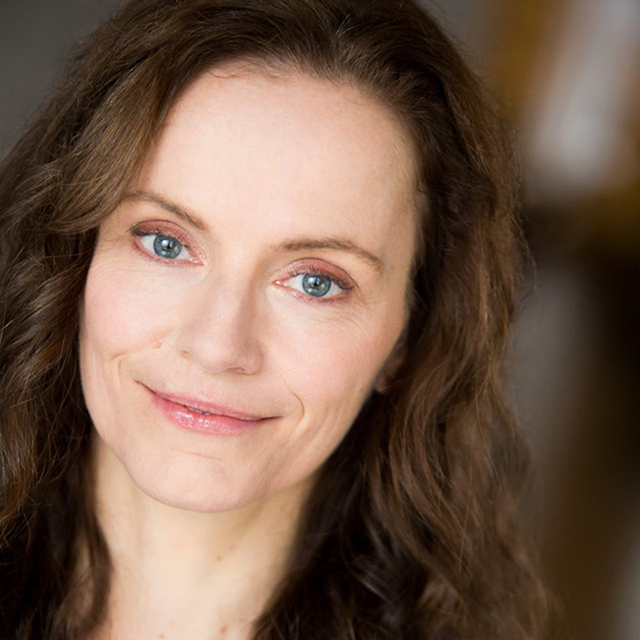Interview upon acceptance into the WGAE Showrunner Academy (SRA)
WGI: What is a Showrunner?
CW: A showrunner is the main creative producer of a TV series. Technically, showrunners have the title of Executive Producer (EP), but though there can be several or more EPs, the showrunner is the one who leads the creative decision-making. Often, the showrunner is the person who had the idea for the series, but not always. Sometimes there are pairs of showrunners, as is the case with Joel Fields and Joe Weisberg (The Americans) or Michelle & Robert King (The Good Wife, The Good Fight). Most of the time, though, there is one showrunner. Vince Gilligan was the creator and showrunner of Breaking Bad. Kurt Sutter was the creator and showrunner of “Sons of Anarchy.” And of course, probably the most famous creator/showrunner is Shonda Rhimes (Grey’s Anatomy, Scandal, etc.).
Sometimes, the original showrunner will leave to go work on a new show, and that’s when a different showrunner will take over to steer the ship. Or if the creator is relatively inexperienced but has a great idea, a production company or network will pair that person with an experienced showrunner to give a new show the best possible chance of success.
A showrunner is in charge of the writers’ room. They hire the writing staff, they “break story” with the writers (figure out what’s going to happen on each episode during the season, assign which writers will write which scripts, and have final approval on each script/episode before it gets shot. They interface with every department, from casting to art direction (production design — what the set looks like) to editing.
While a show is shooting, the showrunner works with the director, assistant director, and Unit Production Manager to make sure everyone’s on the same page about budget, schedule, logstics, etc. A showrunner’s main job is to produce episodes of television on time and on budget. It requires a lot of problem-solving, from the mundane to the insane — an inability to shoot outside due to a sudden heavy storm, an actor who won’t come to set (or dies!), a union strike, COVID crisis, etc.
WGI: What made you decide to apply for the academy?
CW: I’ve been creating and writing my own pilots for a few years now and I wanted to learn more about being a showrunner for when a network buys my pilot and the show is picked up to series. It’s a leadership role with a LOT of responsibility and I want to make sure I’m as prepared as possible when the time comes. The Showrunner Academy is basically a twice-weekly seminar in which seasoned showrunners talk with us about challenges they’ve faced, which tactics are helpful or unhelpful, potential pitfalls, how to keep a cool head, how to delegate, how to hire, etc. It’s incredibly valuable information for those of us who are fortunate enough to learn from them. We do Q&A with them at the end of each session.
WGI: How is your previous writing experience affecting or impacting your work as a showrunner?
CW: Because I’ve worked mostly in late-night and comedy/variety, I don’t have very much experience with narrative episodic shows. So a lot of what I’m learning is about how to handle successfully the building of a show along a season arc, from the writing process to being on set and dealing with the production aspect.
WGI: Any advice to writers out there who’d like to write for tv?
CW: Read TV scripts. You can find them easily online. Watch TV and see what works and what doesn’t. And you need to learn how to structure and format a TV script. Take a class if you don’t know where to begin. It’s worth it. Also, it helps if you love rejection and/or are insane.
WGI: Anything else you’d like to share?
CW: Wherever you are in the process of creating TV, make sure your colleagues feel appreciated, respected, and, above all, are well fed.

